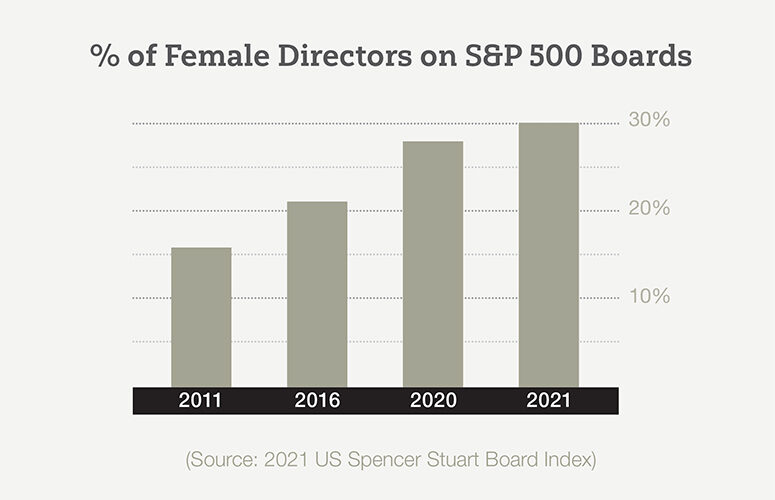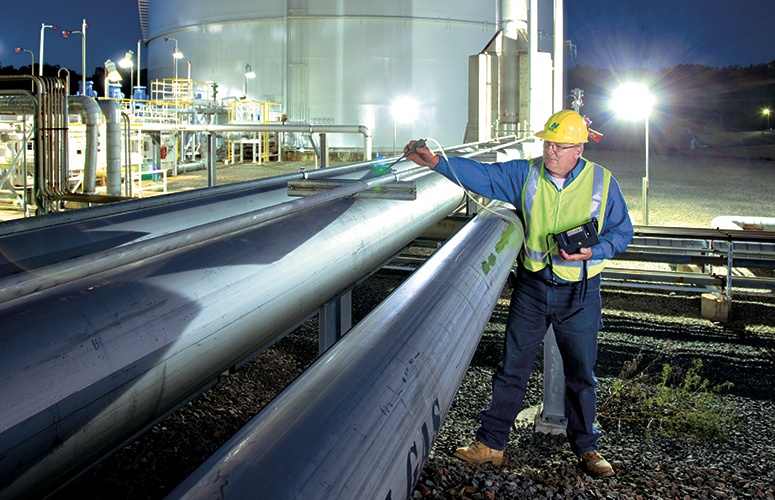
Avoiding Wasted Energy on Energy
Report to Members
By Michele N. Siekerka, NJBIA President and CEO On Nov 29, 2023The fielding of NJBIA’s 65th annual Business Outlook Survey coincided with a very dynamic period for green energy in the state.
Simultaneously, NJBIA actively opposed the proposed ban of new gas-powered cars by 2035. We note that opposition was not due to an aversion to cleaner air, but because the Advanced Clean Car II rule will not be close to affordable or feasible in an expedited timeframe.
NJBIA hosted its 3rd annual Energy Conference, with more than 250 attendees hearing an array of energy and economic experts on decarbonizing New Jersey through the lens of feasibility, costs and emerging technologies.
At the same time, we also saw Ørsted cancel two planned offshore wind projects in New Jersey, leveling a blow for Gov. Phil Murphy’s green energy agenda and green energy jobs.
With lots of energy around the topic of energy, we put a few questions to New Jersey executives in our 2024 Business Outlook Survey (See page 22). We found that there are shared concerns of cost and reliability between business and residents, but also the potential to grow green energy if done the right way.
Fifty-two percent said increased energy costs have been a detriment to their business over the past two years.
We asked those respondents to list their top three bottom-line impacts of those increased energy costs. They said they made less in profits (81%), needed to increase prices for goods and services (74%), reduced workforce costs (28%), reduced usage of their utilities (20%) and used lower-cost materials to produce their final products (10%).
A total of 73% said they somewhat opposed (14%) or strongly opposed (59%) the ban on selling gas-powered vehicles by 2035. But then 19% strongly or somewhat supported the ban, while another 8% said they weren’t sure about it.
Fifty-three percent of respondents said their business utilizes a company vehicle or vehicles. Of those, 91% said those vehicles are gas-powered, 7% said they have a combination of gas-powered vehicles, electric vehicles, or hybrids and 2% said they were EV/hybrid only.
The most interesting response came from those businesses currently using only gas cars, when they were asked what best explains their position on using an EV or hybrid in the future.
Most (56%) said their next business vehicle will be gas-powered. But 36% said they would consider an EV, even though they had concerns about cost and mileage range. And another 8% said their next vehicle would be an EV or hybrid.
The lesson we can take here is this: EV usage will grow, as will its accompanying technologies. But we should let the marketplace dictate that, not extreme mandates in a too compressed timeframe that don’t allow for appropriate infrastructure or affordability.
Anything short of that will ultimately be wasted energy on the subject of energy
To access more business news, visit NJB News Now.
Related Articles:





